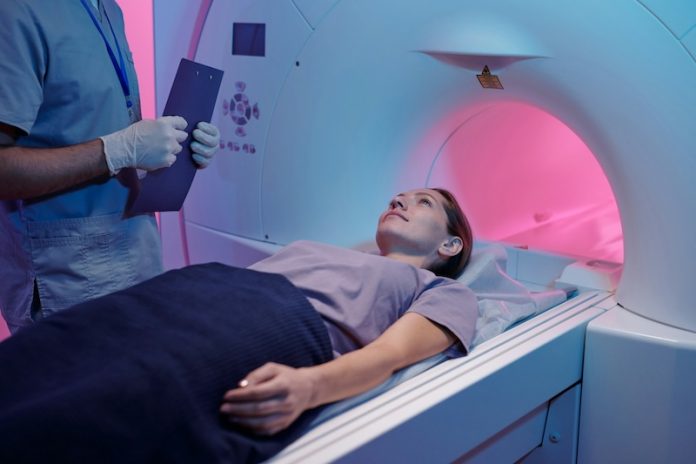
A mini-stroke, also known as a transient ischemic attack (TIA), happens when blood flow to part of the brain is briefly interrupted.
Unlike a stroke, where the effects can be long-lasting or even permanent, the symptoms of a mini-stroke usually disappear within a few minutes to hours and are completely gone within a day.
Even though they don’t cause lasting damage, mini-strokes are a serious warning sign. They indicate that a full stroke might happen in the future if no action is taken.
Mini-strokes occur when something blocks or reduces blood flow to the brain. This temporary disruption causes symptoms similar to a stroke, such as difficulty speaking, sudden confusion, dizziness, loss of balance, or severe headache.
These symptoms should never be ignored, even if they go away quickly, because they provide an opportunity to address the underlying issues before a full stroke occurs.
The main cause of mini-strokes is a lack of blood flow, often due to a blood clot. Clots can form in arteries narrowed by fatty deposits, known as plaques. These plaques develop over time due to conditions like high cholesterol or high blood pressure.
Sometimes, clots form elsewhere in the body and travel to the brain. For example, people with an irregular heartbeat called atrial fibrillation are at higher risk because clots can form in the heart and then move to the brain.
Another cause is the narrowing of blood vessels, often due to a condition called atherosclerosis. This happens when fatty deposits build up on the walls of arteries, making it harder for blood to flow freely.
Over time, these narrowed arteries can become completely blocked, leading to a mini-stroke or even a full stroke. Managing cholesterol levels and blood pressure can slow or stop this process and reduce the risk of mini-strokes.
High blood pressure is another major factor. It damages blood vessels, making them weaker and more prone to blockages or bursts.
This increases the risk of mini-strokes and full strokes. Studies have shown that keeping blood pressure under control through medication and healthy habits can significantly lower these risks.
Diabetes is also a common contributor. High blood sugar levels over time can damage blood vessels and make them more prone to blockages.
People with diabetes are more likely to develop atherosclerosis, which further increases their risk of mini-strokes. Managing blood sugar levels effectively through diet, exercise, and medication can help protect against this.
Lifestyle choices play a big role too. Smoking, for example, damages blood vessels and makes blood more likely to clot. When combined with other unhealthy habits like drinking too much alcohol, eating an unhealthy diet, or not exercising enough, the risk of a mini-stroke becomes even greater.
The good news is that changes like quitting smoking, eating more fruits and vegetables, and staying physically active can significantly reduce this risk.
It’s important to act quickly if someone shows signs of a mini-stroke, even if the symptoms disappear on their own.
Seeking medical help immediately allows doctors to find the cause and take steps to prevent a future stroke. This might include prescribing medications to thin the blood, managing blood pressure, or recommending lifestyle changes.
In summary, mini-strokes are a serious warning that something is wrong with blood flow to the brain. They often point to underlying problems like blood clots, high blood pressure, or poor lifestyle choices.
While they don’t cause permanent damage, they signal an increased risk of a full stroke, which can be life-threatening.
By recognizing the symptoms and addressing the causes through lifestyle changes, medications, and regular check-ups, it’s possible to greatly reduce the risk and protect brain health.
If you care about stroke, please read studies about how to eat to prevent stroke, and diets high in flavonoids could help reduce stroke risk.
For more information about health, please see recent studies about how Mediterranean diet could protect your brain health, and wild blueberries can benefit your heart and brain.
Copyright © 2024 Knowridge Science Report. All rights reserved.



